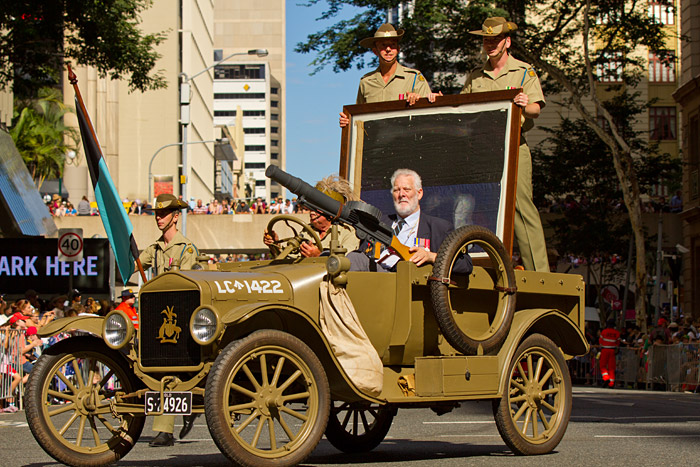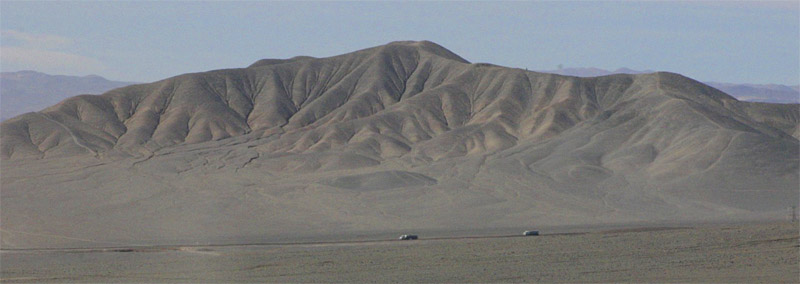
Working in the Atacama Desert
27-Jun-2010 Filed in: Travels
27 June
Besides that, I’ve been trying to write up documentation from the business analysis and interviews I was conducting. Actually, the interviews were the easy part - even if I did need to stumble along in poor Spanish for much of the time. I think the people who suffered most of all were my poor interviewees, who must have wondered what I was going on about most of the time - then had to display extreme patience explaining the basics of their work over and over again, simplifying it into the language of a two year-old so that the gringo could understand. They must have been wondering what kind of dummies we were sending out here. At any rate, with that part done, most of my time got spent sifting through Spanish languages reports, Excel spreadsheets, computer queries, and data tables. Besides it all being in Spanish, it’s dealing with a business and systems that I don’t really know anything about. Trying to digest it all, then summarize into something that other people can understand has taken most of my time over these last few weeks. It’s all been a crash course learning about the business and, like I’ve always said, if you really want to learn and understand a subject then try explaining it back to someone else who knows nothing about it. The process of interpreting something so that you can internally rationalize it, structure it, and explain it in your own words is what takes the time. I have a new-found respect for business analysts. Sure I’ve done business analysis before - but I’ve been on the receiving end of it for so long that I forgot how hard it is. It’s even worse for me since, being the computer geek and data specialist that I am, then I want to know all of the fine detail so that my brain fit the pieces together. If you give me anything too abstract it just seems way to warm and fuzzy. At any rate, I’ve digressed long enough.
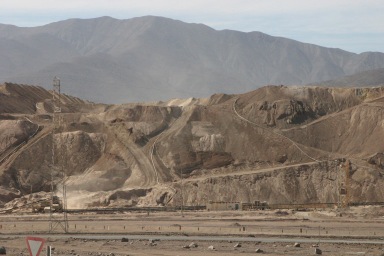
It helps that my traveling times coincide with the best viewing times. We leave Antofagasta at 6.30am every morning, just before dawn, so that we can get to work around 8am. That involves something I’ve always hated - getting up early - but the weather’s not cold, so getting out of bed isn’t the huge sacrifice like it is in NZ where the shudder of the wind hitting the house and the little puffy clouds that form when you breathe advise you that it’s just not a good idea. Admittedly, I exaggerate a little - but anyone who’s survived a Wellington winter will know what I mean. At any rate, hitting the road early when going out into the Atacama ensures you get all the pretty colours of the sky, and golden hues as the sun rises and hits the desert hills. You also get periods of icy-cold mists as moisture laden air from the nearby ocean makes its way inland, hits the cooler air in the desert from the night before, and condenses into tiny droplets. It never (or hardly ever) rains here but the thick mists are common in the early mornings. These help give the place a kind of ethereal feeling, and the mixture of mist, dawn skies, golden sunlight, and desert hills can be very pretty at times. Admittedly, the right light can make almost anything seem pretty - even the glint of golden sunlight bouncing off the big tankers hauling Sulphuric Acid as they go around the bends in the road up front can seem almost appealing. The only downside in all this is that I’m sharing a ride with several other people - and stopping for photos isn’t really much of an option. Speaking of which, each morning we drive past a train station in the desert, with a big sign loud proclaiming “PRAT” (the station’s name, named after Arturo Prat, one of Chile’s national heroes). I figure a snapshot of me standing underneath sign this with a suitably silly pose would make a fabulous pic for my Facebook profile ... but I haven’t really had a chance to do that one either. I’ll have to come back at some point and hire a car (or big American pickup) so that I can explore and do more of those things. Remembering my camera tripod would have been great too.
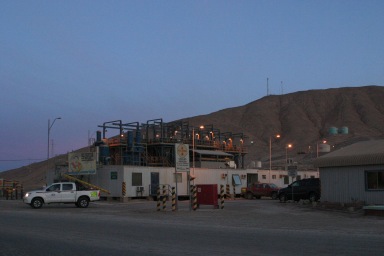
During the day I’m mostly stuck in the office. I’d like to go and have a wander around to see the mine - but in a place with lots of heavy machinery, crushers, chemical processes to bond the copper and separate it from the ore (hence all that sulphuric acid), dynamite, and monster trucks where the driver just won’t see anyone at ground level who gets in front of them - wandering around by myself unescorted just isn’t a great idea. The mines here take their safety records very seriously. The office, itself, is pretty secluded. It’s functional, and has a pretty industrial feel to it - but mostly comfortable. About my only complaint is that I spend pretty much the entire day sitting in a small office to myself - which is a shock after being used to open plan, constantly ringing telephones and occasional queues in front of desk. It also seems very cold at times such that I need to wear a jacket - but that might simply be a sign of me getting old. At least I have coffee, and a pretty zippy network connection back to the office and the outside world. The only real sign that I’m working at a large mine is monster truck I occasionally see chugging up the road in the distance carrying huge loads of ore, then chugging back down again about 15 minutes later, empty and ready for the next load. Outside my window there’s also a parking lot full of pick up trucks (each waving tall flags to ensure they don’t inadvertently get run over by aforementioned monster truck if they’re unlucky enough to be in the wrong place at the wrong time).
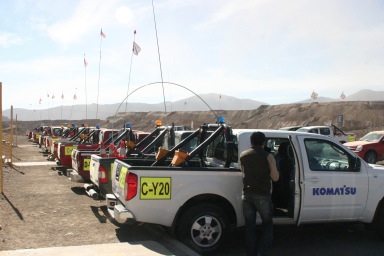
At any rate - that’s pretty much my experience of things. It isn’t the most exhaustive report, and I can’t really claim to being any expert on the Chilean miming industry - but what I’ve seen indicates a strong sense of professionalism and underscores the constant mention that that gets made about social responsibility - not just in mining but as a common theme amongst pretty much all the Chileans I speak with.
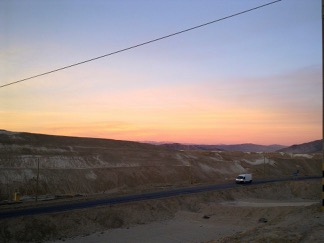
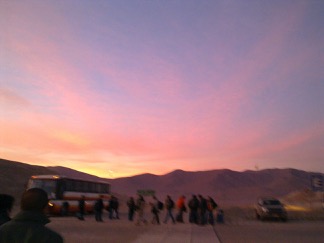

Andrew Mercer
I'm a Business Intelligence and Data Warehousing consultant based in Brisbane, Australia. I've consulted on or managed several large BI systems in New Zealand, Australia and Latin America.

Contact Info
Please use the contact form on this site.
Or phone 04 5704 1640 (Australia)
Or phone 04 5704 1640 (Australia)
Navigation
Photos
Latest Articles
blog comments powered by Disqus
